Cats are fascinating creatures, full of mystery and charm. They often seem aloof, yet they are deeply connected to their environments and the people around them. One of the keys to ensuring that your feline friend is happy and healthy is providing them with enough mental stimulation. But how can you tell if your cat is getting enough mental exercise? This article will explore the signs and ways to ensure your cat’s mind stays sharp and engaged.
Understanding the Importance of Mental Stimulation for Cats
Mental stimulation is crucial for cats as it helps keep their minds active and engaged. Just like humans, cats need mental exercises to prevent boredom, which can lead to behavioral issues. When a cat’s mind is stimulated, it can lead to a happier, healthier life. Mental stimulation can come from various activities, such as playing, exploring, and problem-solving. It is as essential as physical exercise for maintaining their overall well-being.
Recognizing Signs of Boredom in Cats
Cats that are not mentally stimulated may show signs of boredom. These signs can include excessive sleeping, over-grooming, or even destructive behavior. If your cat is scratching furniture more than usual or knocking things off shelves, it might be a cry for attention. Bored cats may also become more vocal, meowing or yowling more frequently. Recognizing these signs early can help you take steps to address the lack of mental stimulation.
Observing Changes in Eating Habits
A cat that is not mentally stimulated may exhibit changes in its eating habits. Some may overeat out of boredom, while others might lose interest in food altogether. If you notice your cat’s appetite has significantly increased or decreased, it could be a signal that they need more mental engagement. Watch for sudden changes, as these could indicate other health issues as well, but often, a lack of stimulation is the culprit.
Watching for Increased Aggression
When cats are not mentally stimulated, they can become more aggressive. This aggression can manifest in swatting, biting, or hissing. Cats need outlets to expend their energy, and without proper mental engagement, they might redirect their frustration towards their human companions or other pets. Providing them with toys or activities that challenge their minds can help mitigate this behavior.
Monitoring Sleep Patterns
Cats are known for their love of sleep, but changes in sleep patterns can indicate a lack of mental stimulation. If your cat is sleeping more than usual or seems restless, it might be bored. While cats do enjoy a good nap, excessive sleep can be a sign that they need more mental engagement. Balancing their sleep with active playtime can help maintain healthy sleep patterns.
Evaluating Interaction with Toys
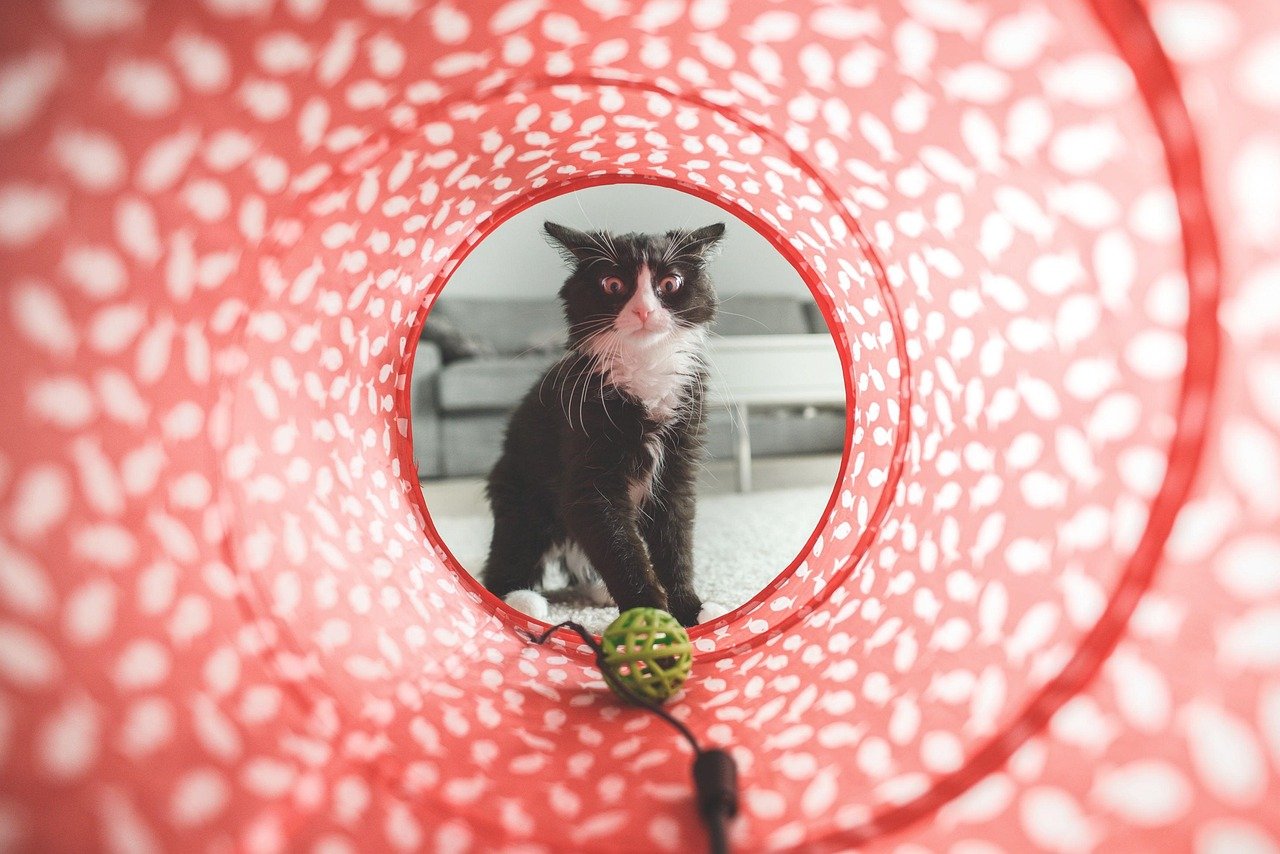
A cat’s interaction with toys can be a good indicator of their mental stimulation. If your cat shows little interest in their toys, it might be time to introduce new ones or rotate them to keep things fresh. Toys that mimic the hunt, such as feather wands or laser pointers, can provide the mental challenge cats crave. Engaging play sessions with these toys can stimulate your cat’s natural instincts and keep their minds sharp.
Assessing Curiosity and Exploration
Cats are naturally curious creatures, and a mentally stimulated cat will show interest in exploring its environment. If your cat seems indifferent to new stimuli or environments, it might be lacking mental engagement. Encouraging exploration by introducing new furniture or creating a safe outdoor space can pique their curiosity. Cats that are mentally engaged will explore their surroundings with enthusiasm and interest.
Introducing Puzzle Feeders
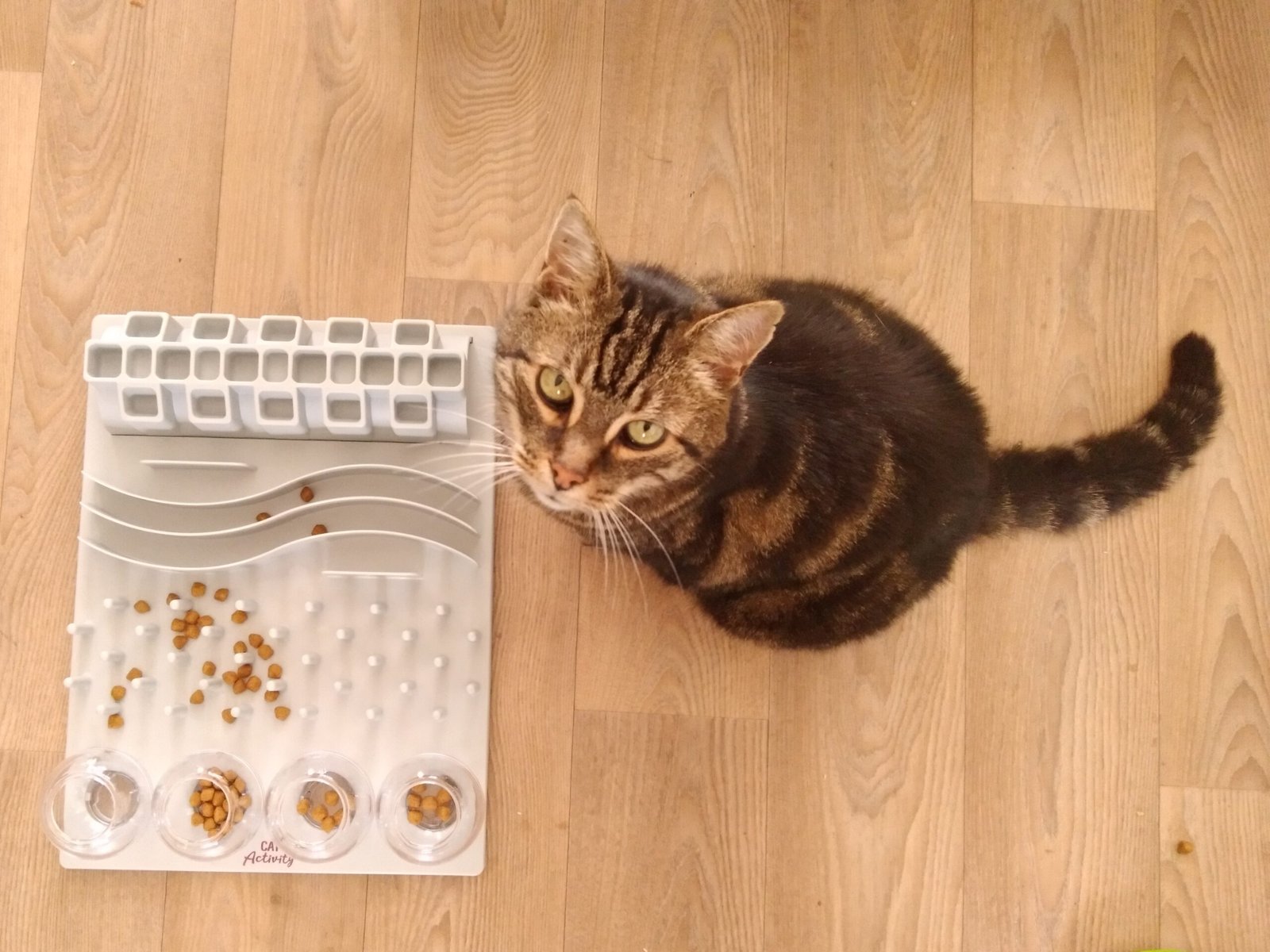
Puzzle feeders are an excellent way to provide mental stimulation for your cat. These feeders require your cat to think and problem-solve to access their food. This type of activity engages their minds and can help prevent boredom. Puzzle feeders come in various designs, and rotating them can keep your cat challenged and entertained.
Observing Social Interactions
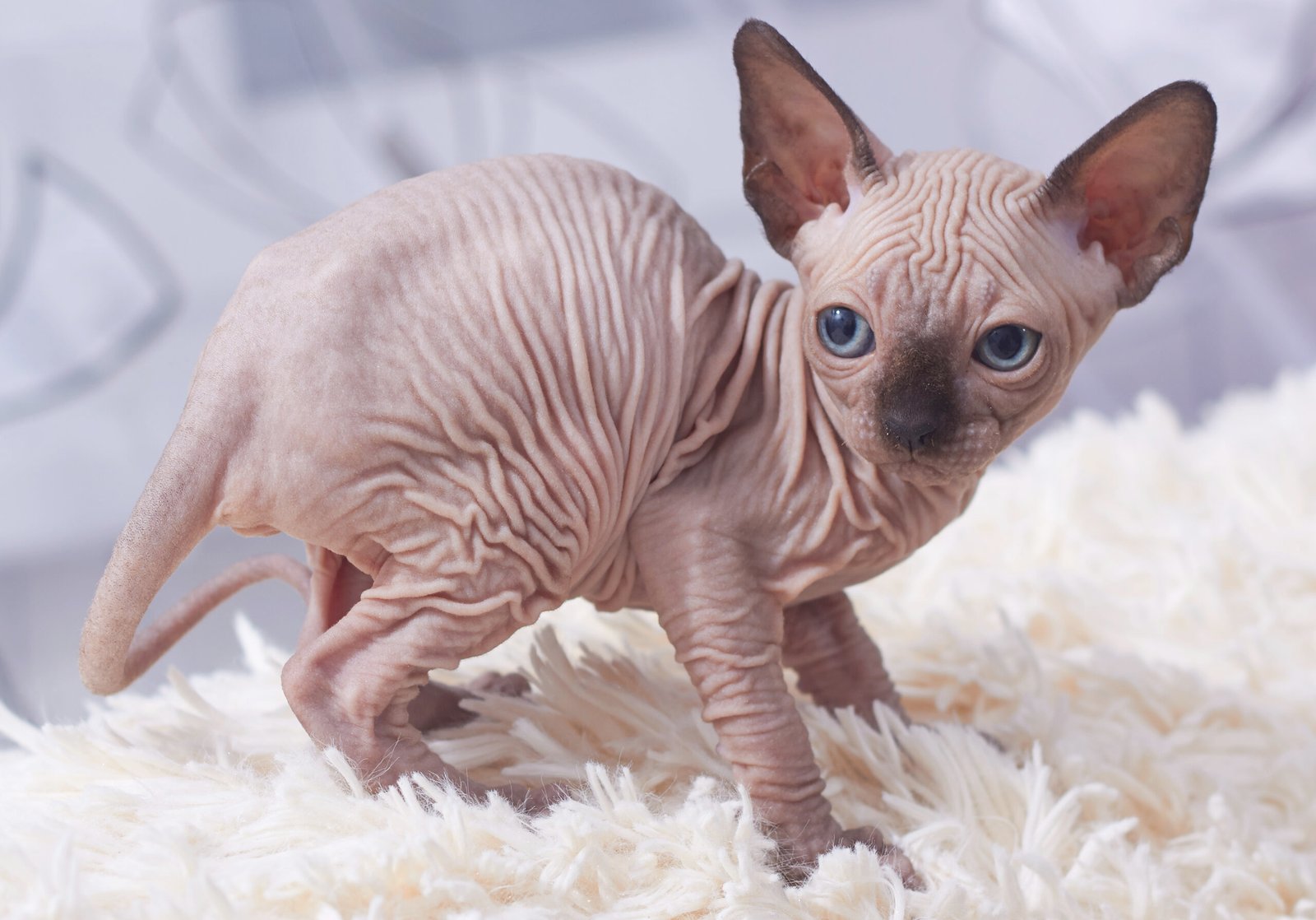
Cats that are mentally stimulated will often be more social and interactive with their human companions. If your cat seems withdrawn or uninterested in socializing, it might need more mental engagement. Spending quality time with your cat, such as petting or talking to them, can enhance their mental well-being. Engaged cats are often more affectionate and responsive to their owners.
Creating a Stimulating Environment
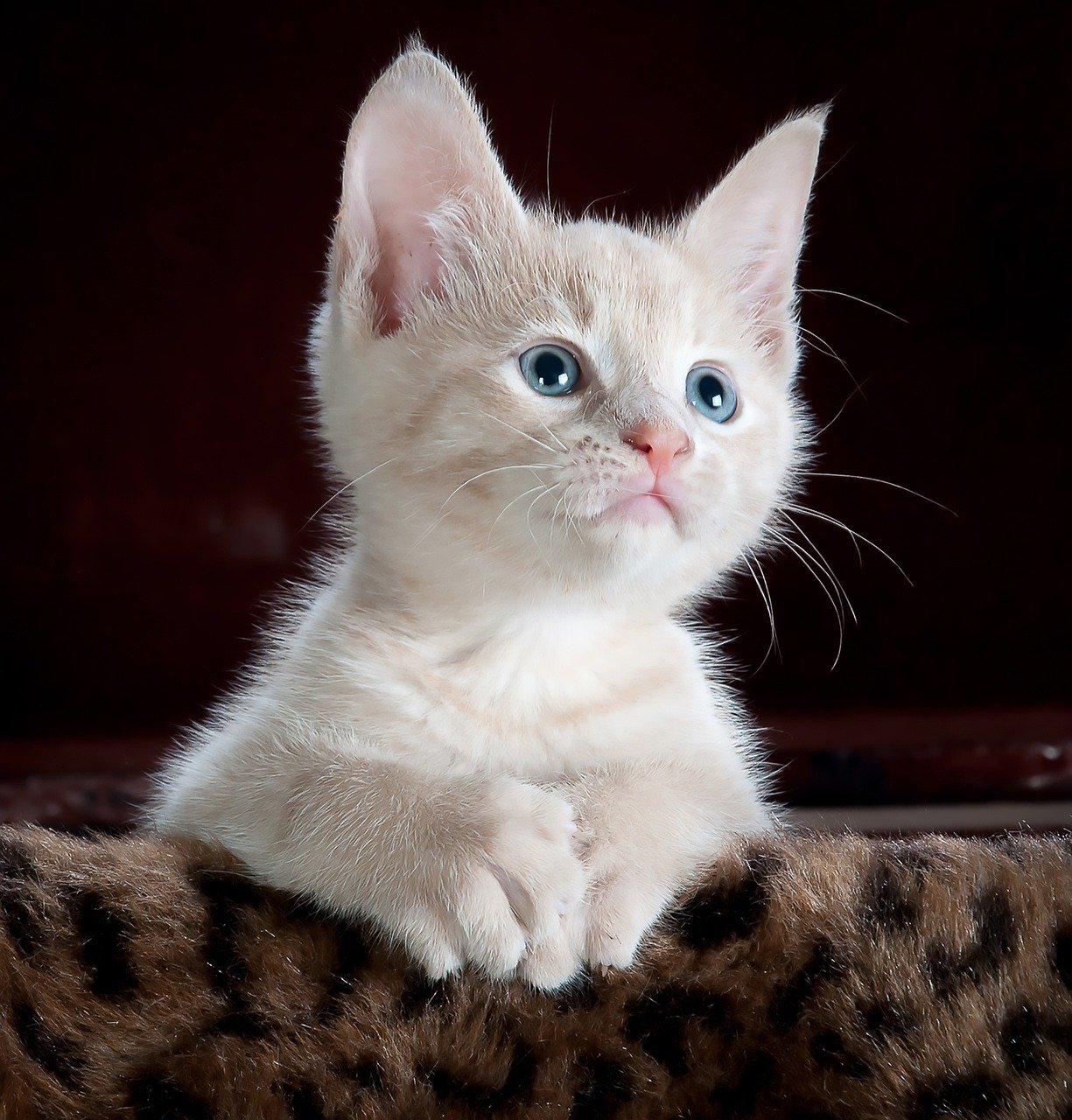
Creating a stimulating environment for your cat is essential for their mental well-being. This can include providing various toys, scratch posts, and climbing structures. Cats love to perch and observe their surroundings, so having a window perch or cat tree can be beneficial. A stimulating environment encourages your cat to explore and engage with their surroundings, promoting mental stimulation.
Engaging in Regular Playtime
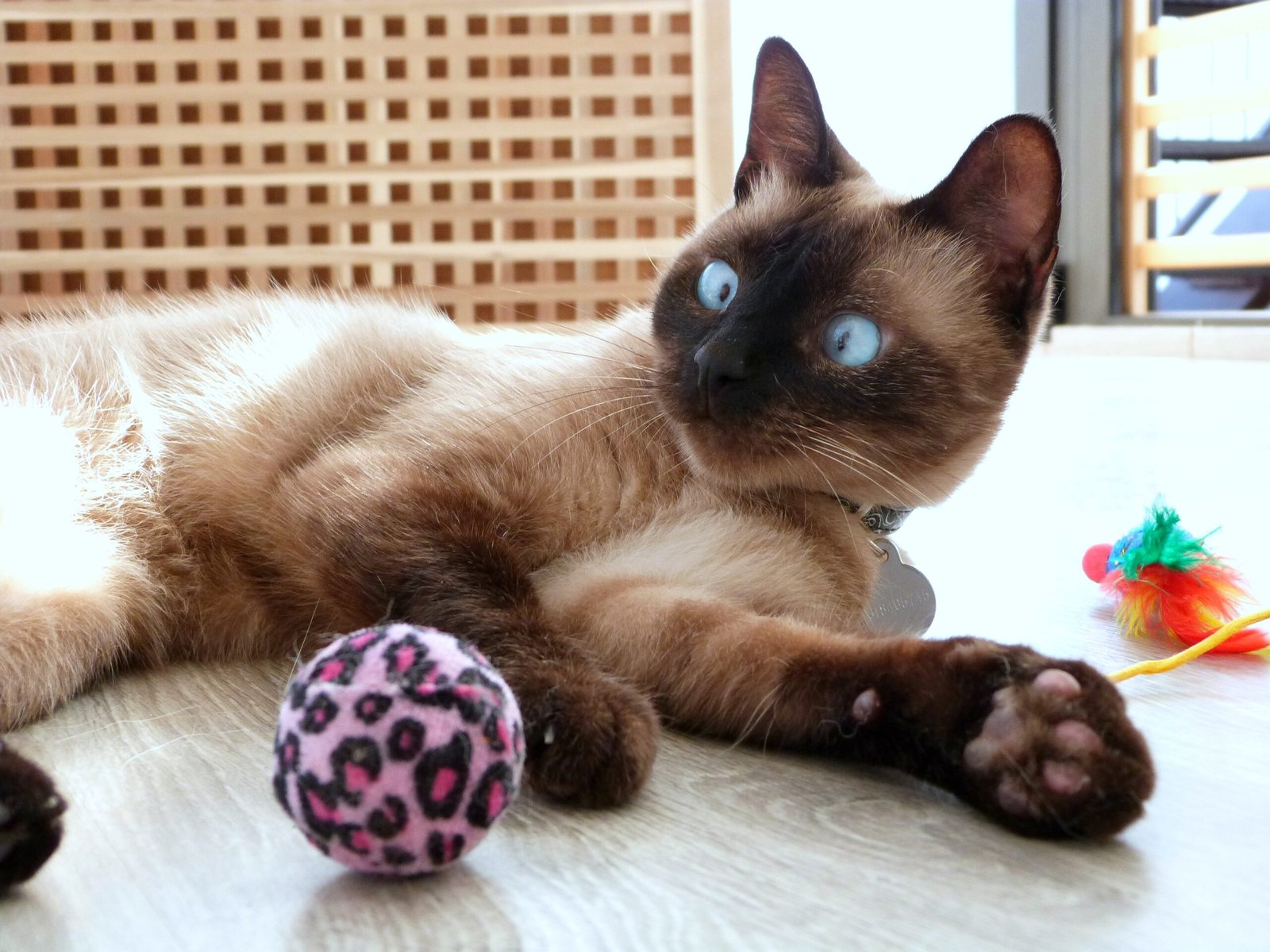
Regular playtime is vital for keeping your cat mentally stimulated. Dedicating time each day to play with your cat can strengthen your bond and keep their minds active. Use toys that mimic prey, such as feather wands or balls, to engage their hunting instincts. Playtime should be varied and fun, keeping your cat interested and mentally engaged.
Introducing New Experiences
Introducing new experiences can be an excellent way to provide mental stimulation for your cat. This can include new toys, environments, or even new routines. Cats thrive on variety and can become bored with monotony. By regularly introducing new experiences, you can keep your cat’s mind engaged and curious.
Utilizing Scent Stimulation
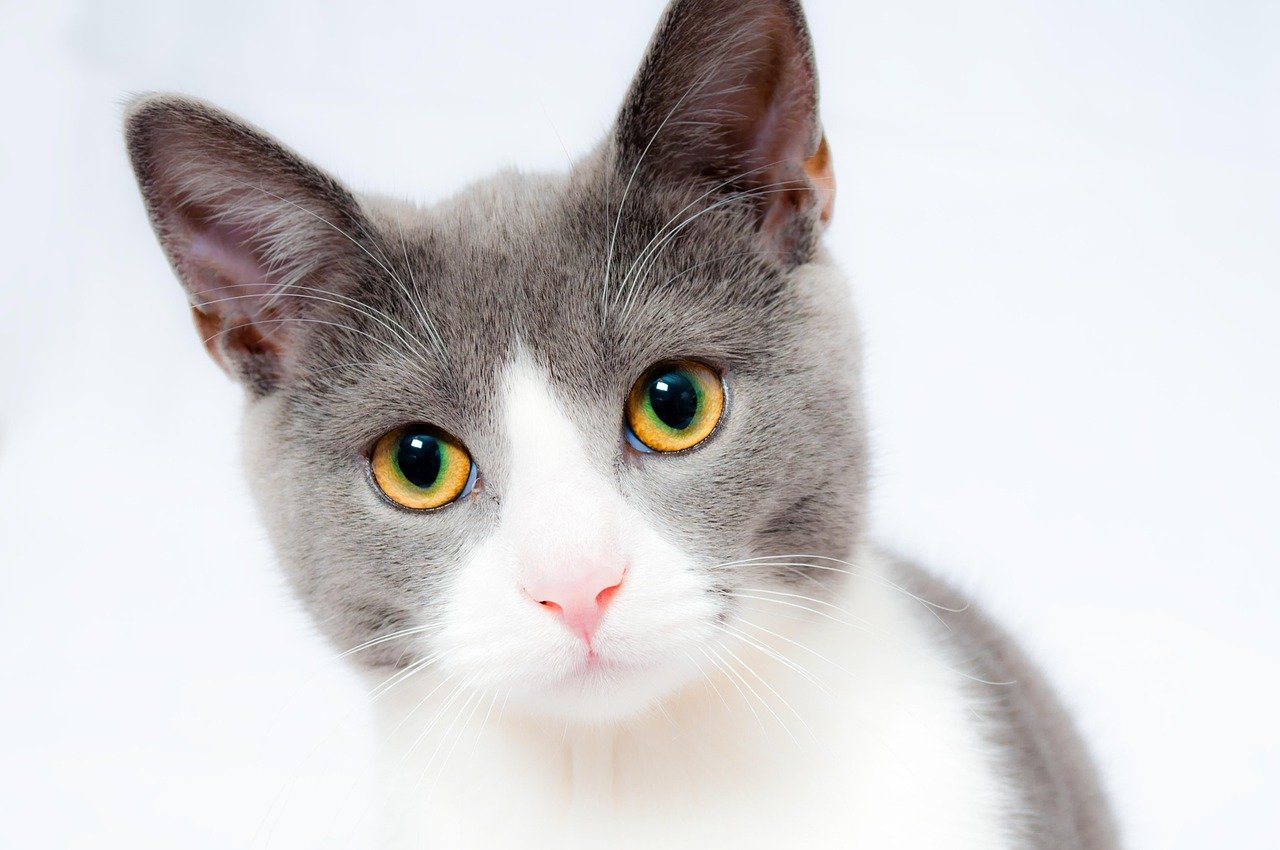
Cats rely heavily on their sense of smell, and using scent stimulation can be a great way to engage their minds. Introducing new scents, such as catnip or other safe herbs, can provide mental stimulation. You can also hide treats around the house for your cat to find, engaging their sense of smell and providing a rewarding challenge.
Observing Physical Health
A lack of mental stimulation can sometimes manifest in physical health issues. Cats that are not mentally engaged may gain weight or develop health issues related to inactivity. Regular mental stimulation can promote physical activity, helping to maintain a healthy weight and overall well-being. Keeping an eye on your cat’s physical health can give you clues about their mental engagement.
Seeking Professional Advice
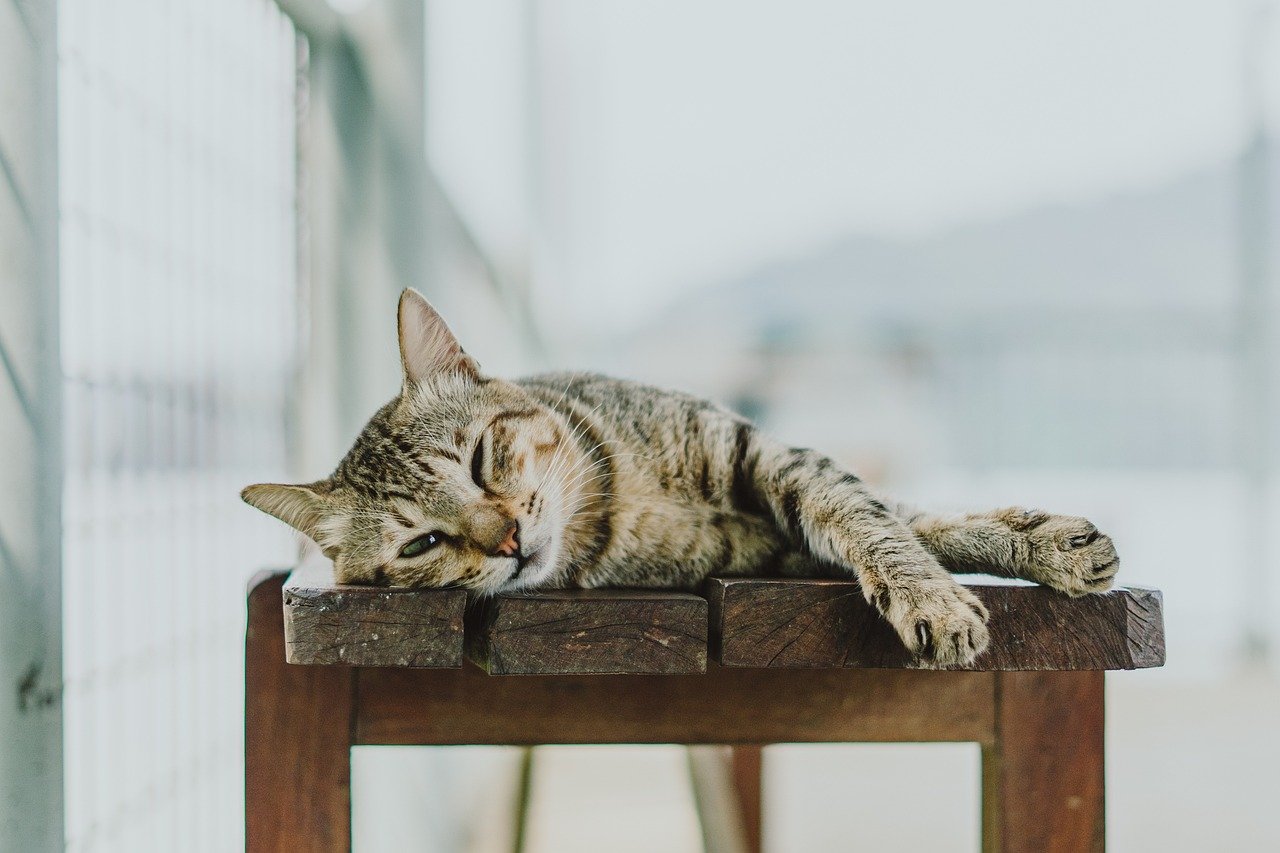
If you’re unsure whether your cat is getting enough mental stimulation, seeking professional advice can be beneficial. Veterinarians or animal behaviorists can provide guidance on ensuring your cat’s mental well-being. They can offer personalized suggestions based on your cat’s specific needs and behaviors, helping you provide the best care possible.
Exploring Interactive Technology
Interactive technology, such as pet cameras and laser toys, can offer mental stimulation for your cat, even when you’re not home. These devices can engage your cat in play and provide entertainment. While technology should not replace human interaction, it can be a valuable tool for keeping your cat mentally stimulated during the day.
Understanding Individual Preferences
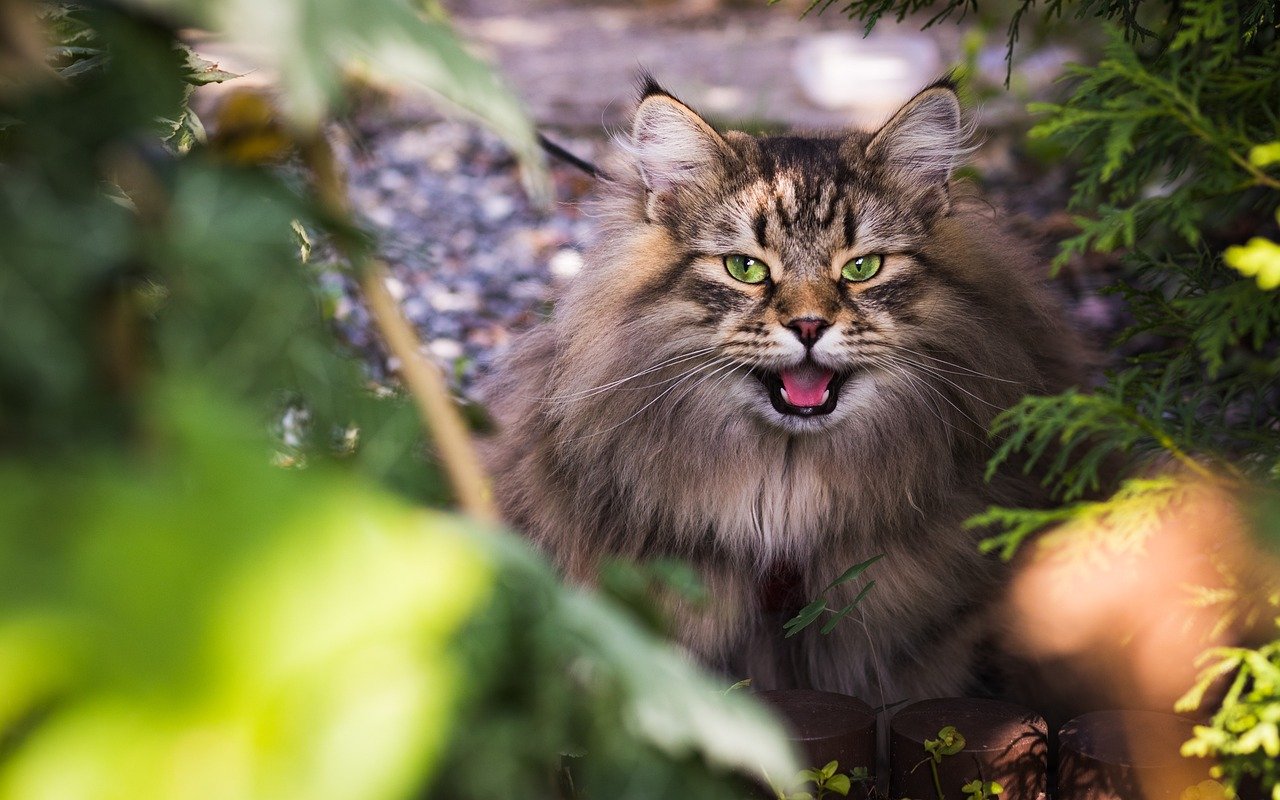
Every cat is unique, and understanding your cat’s individual preferences is key to providing mental stimulation. Some cats may prefer quiet activities, while others enjoy more active play. Observing your cat’s likes and dislikes can help tailor their mental engagement to their personality. By understanding what stimulates your cat, you can provide a more enriching environment.
Maintaining a Routine
Maintaining a routine can provide a sense of security and mental stimulation for your cat. Regular feeding, playtime, and quiet time can create a balanced environment. While variety is important, a consistent routine can help your cat feel secure and reduce stress. Striking a balance between routine and new experiences can keep your cat mentally engaged and happy.
Encouraging Safe Outdoor Exploration
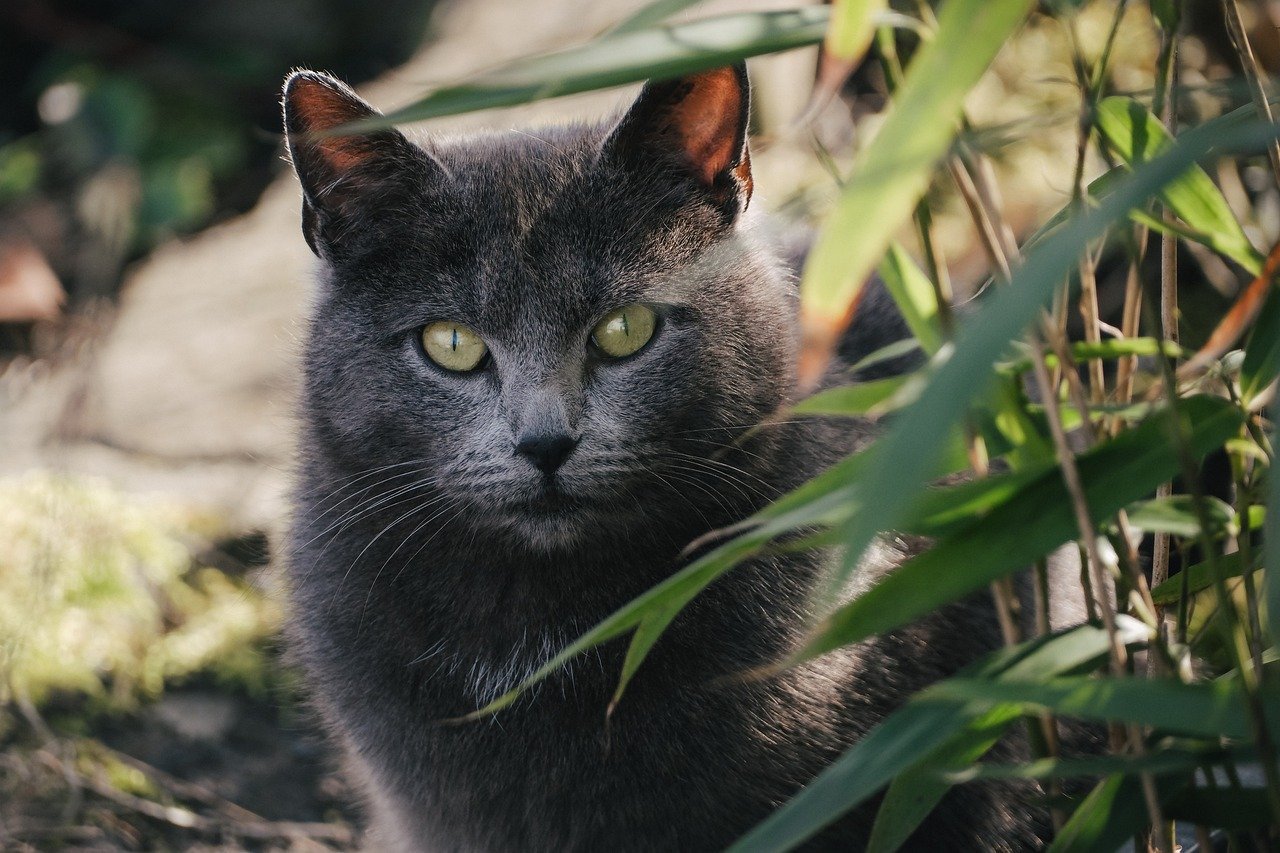
For some cats, safe outdoor exploration can provide excellent mental stimulation. Whether it’s a secure garden or a catio, outdoor spaces allow cats to engage with their environment. The sights, sounds, and smells of the outdoors can stimulate their senses and provide mental enrichment. Always ensure that outdoor exploration is safe and supervised.
Conclusion

Ensuring your cat receives enough mental stimulation is crucial for their happiness and health. By observing their behavior, providing engaging activities, and creating a stimulating environment, you can help keep their minds sharp and active. Every cat is unique, and understanding their individual needs will guide you in creating a fulfilling life for your feline friend.
Hi, I’m Bola, a passionate writer and creative strategist with a knack for crafting compelling content that educates, inspires, and connects. Over the years, I’ve honed my skills across various writing fields, including content creation, copywriting, online course development, and video scriptwriting.
When I’m not at my desk, you’ll find me exploring new ideas, reading books, or brainstorming creative ways to solve challenges. I believe that words have the power to transform, and I’m here to help you leverage that power for success.
Thanks for stopping by, Keep coming to this website to checkout new articles form me. You’d always love it!






